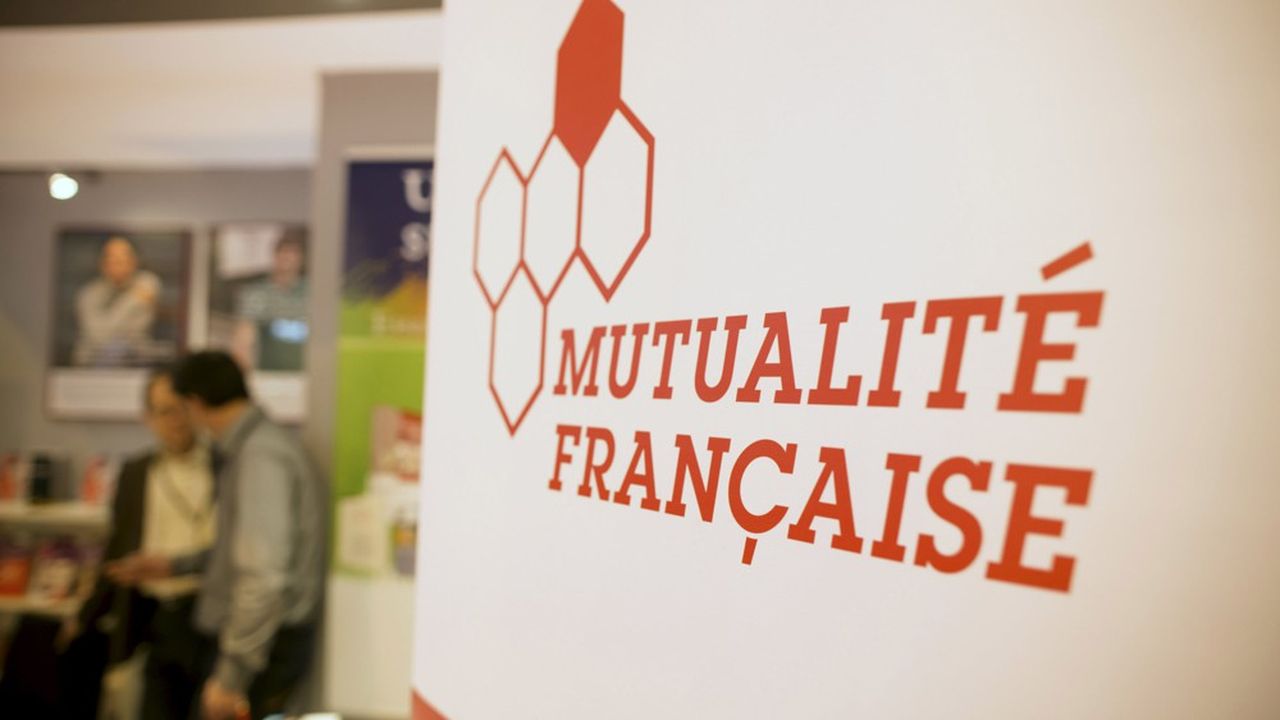Posted on Sep 15, 2021 8:45 AM
The shields are raised. Complementary health insurance does not want to be half or completely devoured by Social Security. In any case, they reject the “great security”, one of the scenarios for reforming the articulation between compulsory health insurance and the complementary ones on which the High Council for the Future of Health Insurance is working (HCAAM ).
This is due in November for its study, which should feed the debates on health ahead of the presidential election.
“The great security, it looks like Cuba without the sun, ironically the president of the French Insurance Federation, Florence Lustman. The supporters of the nationalization of the health system must explain to us how they imagine to finance their project. Without a doubt by increasing the taxation of businesses and households ”.
It would be necessary to cover 28 billion euros of paid benefits and 11 billion of various taxes paid today by the complementary and the temptation would be strong for the State not to cover the overruns of fees, she affirms.
Review the scope of intervention
Recognizing that the status quo is not a panacea either, insurers are proposing alternative reforms of the system. The French Mutuality (FNMF) like the French Insurance Federation (FFA) are once again pushing an old demand: the revision of the respective areas of intervention of Social Security and complementary, which would like to intervene “at the first euro” on certain expenses.
“We would gain in readability and efficiency if health insurers fully managed the optical branch,” says Florence Lustman. In optics 73% of reimbursements are the result of complementary but this share rises to almost 100% on the offer with remains at zero charge.
Tax counterparties
Insurers argue that the generalized co-payment between Social Security and complementary (on 80 to 90% of benefits) no longer even contributes to making policyholders responsible. Especially since user fees must be taken care of in responsible contracts.
The complementary would like to be able to conduct conventional negotiations in the sectors where they would intervene from the first euro, by following the public health objectives set by the public authorities, for example in terms of prevention. With “counterparts in terms of taxation”, slips the French Mutuality in a document sent to the HCAAM in the spring.
Because the weight of taxation on health insurance contracts (13% if they are “responsible”, 20% if not) bristles insurers. They constantly remind us that German contracts are not taxed and that taxation is less than 3% in Italy or Spain.
The FFA advocates a lowering of the taxation of contracts for students and retirees, for whom insurance is often too expensive.
Modulate the out-of-pocket expenses for seniors
Knowing that the population is aging and that those over 65 consume 3.5 times more care than others, the FNMF mutualists are worried about the segmentation of the market between active and retired, and the level of contributions, which ” will become in the medium term hardly bearable ”for the modest elderly, writes the FNMF.
The solution ? “Strengthen the weight of compulsory health insurance on positions at the origin of extreme out-of-pocket expenses”, that is to say hospital care and the elderly. Then, “in return, allow the complementary to carry expenses better distributed according to risk and age”.
The Mutuality evokes a drop of 10 points in the co-payment rate for over 75s, which would halve the associated remainder. Those under 75 would see their user fees increase symmetrically. At the same time, part or all of the remainder of the hospital charge could be fixed, again limiting the expenditure of the elderly.
This scenario targeting the hospital and chronic diseases would be part of the continuation of the reform of the remainder at zero charge on dental prosthetic care, optical and audio, underlines the FNMF, which hopes to reach a sensitive point on the side of the government.
–


